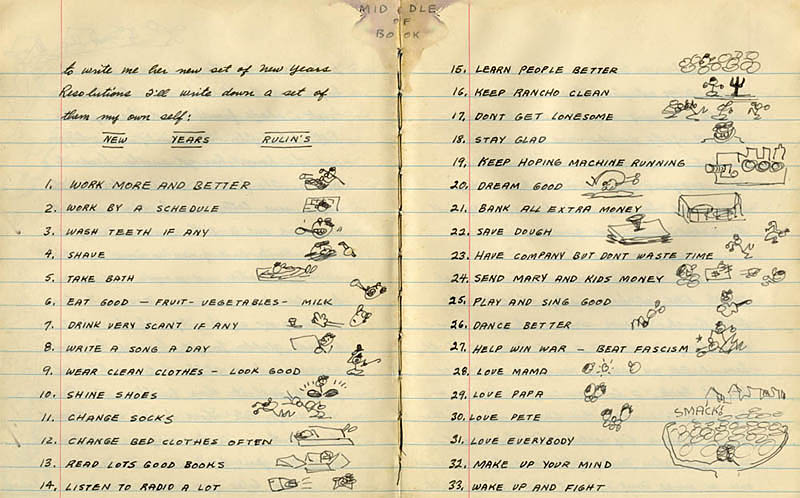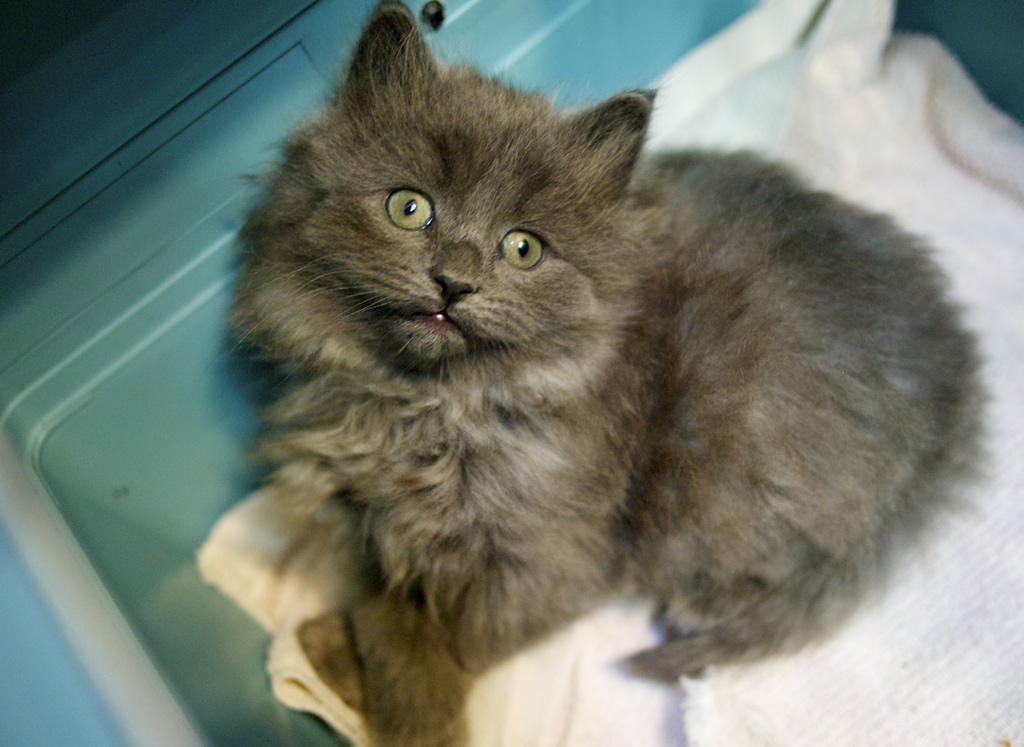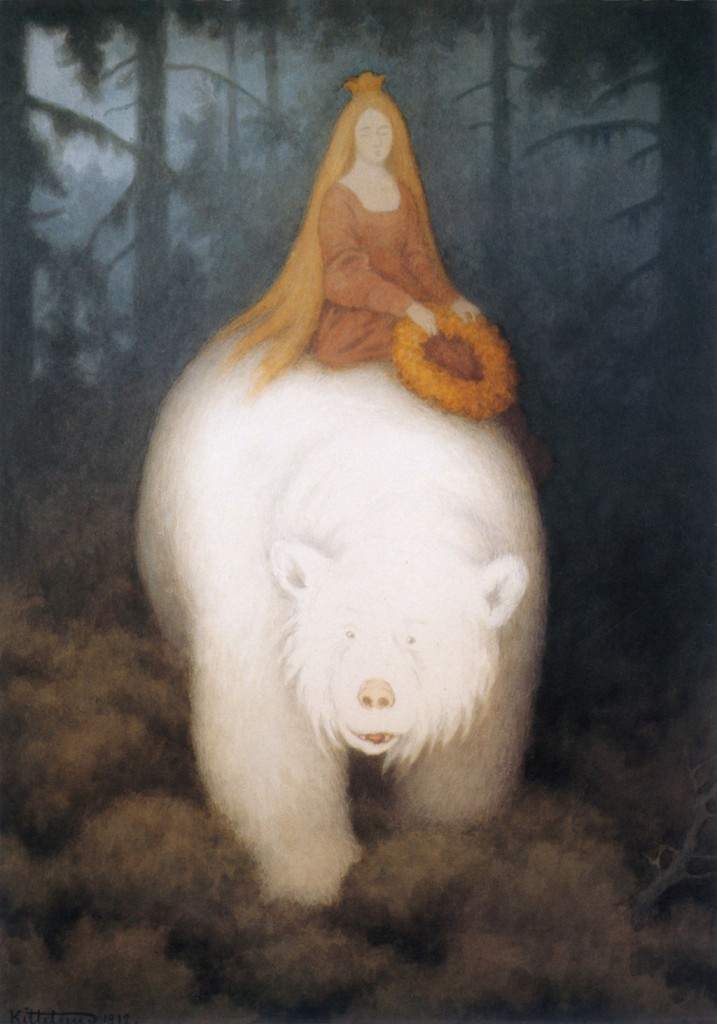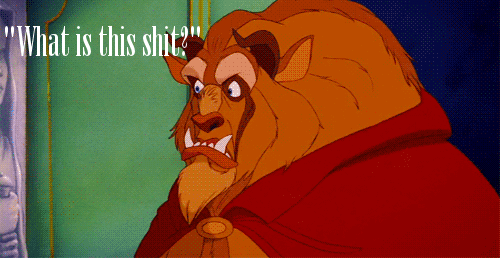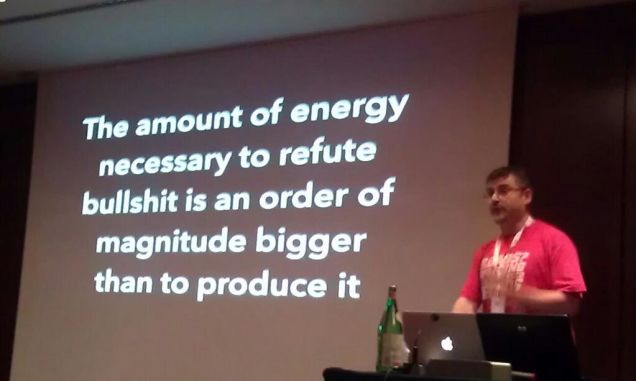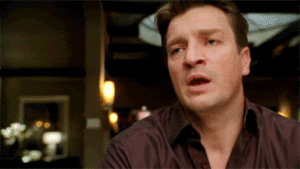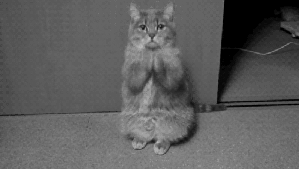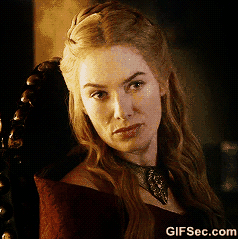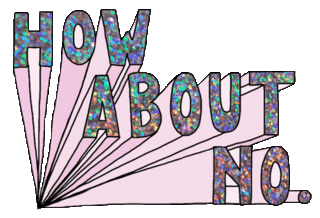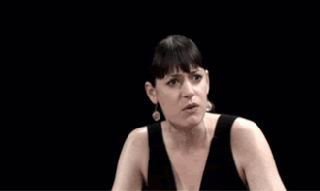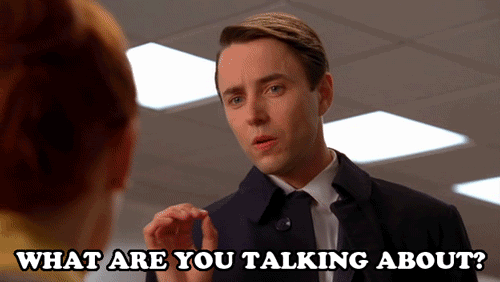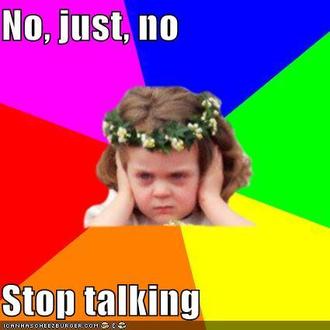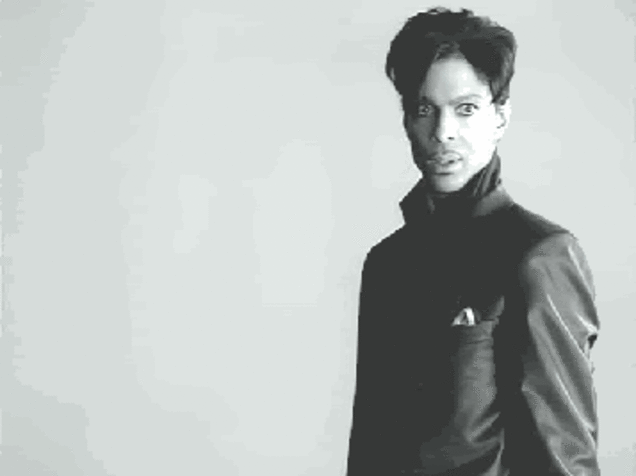Another “books you should read” list, this time from the telegraph. The one’s I’ve read are crossed off. This is actually a pretty good list – mostly classics, and not a single Ayn Rand title on it.
Source: Telegraph “100 novels everyone should read”
The best novels of all time from Tolkien to Proust and Middlemarch
100 The Lord of the Rings by JRR Tolkein
WH Auden thought this tale of fantastic creatures looking for lost jewellery was a “masterpiece”.
99 To Kill a Mockingbird by Harper Lee
A child’s-eye view of racial prejudice and freaky neighbours in Thirties Alabama.
98 The Home and the World by Rabindranath Tagore
A rich Bengali noble lives happily until a radical revolutionary appears.
97 The Hitchhiker’s Guide to the Galaxy by Douglas Adams
Earth is demolished to make way for a Hyperspatial Express Route. Don’t panic.
96 One Thousand and One Nights Anon
A Persian king’s new bride tells tales to stall post-coital execution.
95 The Sorrows of Young Werther by Johann Wolfgang von Goethe
Werther loves Charlotte, but she’s already engaged. Woe is he!
94 Midnight’s Children by Salman Rushdie
The children of poor Hindus and wealthy Muslims are switched at birth.
93 Tinker, Tailor, Soldier, Spy by John le Carré
Nursery rhyme provides the code names for British spies suspected of treason.
92 Cold Comfort Farm by Stella Gibbons
Hilarious satire on doom-laden rural romances. “Something nasty” has been observed in the woodshed.
91 The Tale of Genji by Lady Murasaki
The life and loves of an emperor’s son. And the world’s first novel?
90 Under the Net by Iris Murdoch
A feckless writer has dealings with a canine movie star. Comedy and philosophy combined.
89 The Golden Notebook by Doris Lessing
Lessing considers communism and women’s liberation in what Margaret Drabble calls “inner space fiction”.
88 Eugene Onegin by Alexander Pushkin
Passion, poetry and pistols in this verse novel of thwarted love.
87 On the Road by Jack Kerouac
Beat generation boys aim to “burn, burn, burn like fabulous yellow roman candles”.
86 Old Goriot by Honoré de Balzac
A disillusioning dose of Bourbon Restoration realism. The anti-hero “Rastingnac” became a byword for ruthless social climbing.
85 The Red and the Black by Stendhal
Plebian hero struggles against the materialism and hypocrisy of French society with his “force d’ame”.
84 The Three Musketeers by Alexandre Dumas
“One for all and all for one”: the eponymous swashbucklers battle the mysterious Milady.
83 Germinal by Emile Zola
Written to “germinate” social change, Germinal unflinchingly documents the starvation of French miners.
82 The Stranger by Albert Camus
Frenchman kills an Arab friend in Algiers and accepts “the gentle indifference of the world”.
81The Name of the Rose by Umberto Eco
Illuminating historical whodunnit set in a 14th-century Italian monastry.
80 Oscar and Lucinda by Peter Carey
An Australian heiress bets an Anglican priest he can’t move a glass church 400km.
79 Wide Sargasso Sea by Jean Rhys
Prequel to Jane Eyre giving moving, human voice to the mad woman in the attic.
78 Alice’s Adventures in Wonderland by Lewis Carroll
Carroll’s ludic logic makes it possible to believe six impossible things before breakfast.
77 Catch-22 by Joseph Heller
Yossarian feels a homicidal impulse to machine gun total strangers. Isn’t that crazy?
76 The Trial by Franz Kafka
K proclaims he’s innocent when unexpectedly arrested. But “innocent of what”?
75 Cider with Rosie by Laurie Lee
Protagonist’s “first long secret drink of golden fire” is under a hay wagon.
74 Waiting for the Mahatma by RK Narayan
Gentle comedy in which a Gandhi-inspired Indian youth becomes an anti-British extremist.
73 All Quiet on the Western Front by Erich Remarque
The horror of the Great War as seen by a teenage soldier.
72 Dinner at the Homesick Restaurant by Anne Tyler
Three siblings are differently affected by their parents’ unexplained separation.
71 The Dream of the Red Chamber by Cao Xueqin
Profound and panoramic insight into 18th-century Chinese society.
70 The Leopard by Giuseppe Tomasi di Lampedusa
Garibaldi’s Redshirts sweep through Sicily, the “jackals” ousting the nobility, or “leopards”.
69 If On a Winter’s Night a Traveller by Italo Calvino
International book fraud is exposed in this playful postmodernist puzzle.
68 Crash by JG Ballard
Former TV scientist preaches “a new sexuality, born from a perverse technology”.
67 A Bend in the River by VS Naipaul
East African Indian Salim travels to the heart of Africa and finds “The world is what it is.”
66 Crime and Punishment by Fyodor Dostoyevsky
Boy meets pawnbroker. Boy kills pawnbroker with an axe. Guilt, breakdown, Siberia, redemption.
65 Dr Zhivago by Boris Pasternak
Romantic young doctor’s idealism is trampled by the atrocities of the Russian Revolution.
64 The Cairo Trilogy by Naguib Mahfouz
Follows three generations of Cairenes from the First World War to the coup of 1952.
63 The Strange Case of Dr Jekyll and Mr Hyde by Robert Louis Stevenson
Stevenson’s “bogey tale” came to him in a dream.
62 Gulliver’s Travels by Jonathan Swift
Swift’s scribulous satire on travellers’ tall tales (the Lilliputian Court is really George I’s).
61 My Name Is Red by Orhan Pamuk
A painter is murdered in Istanbul in 1591. Unusually, we hear from the corpse.
60 One Hundred Years of Solitude by Gabriel García Márquez
Myth and reality melt magically together in this Colombian family saga.
59 London Fields by Martin Amis
A failed novelist steals a woman’s trashed diaries which reveal she’s plotting her own murder.
58 The Savage Detectives by Roberto Bolaño
Gang of South American poets travel the world, sleep around, challenge critics to duels.
57 The Glass Bead Game by Herman Hesse
Intellectuals withdraw from life to play a game of musical and mathematical rules.
56 The Tin Drum by Günter Grass
Madhouse memories of the Second World War. Key text of European magic realism.
55 Austerlitz by WG Sebald
Paragraph-less novel in which a Czech-born historian traces his own history back to the Holocaust.
54 Lolita by Vladimir Nabokov
Scholar’s sexual obsession with a prepubescent “nymphet” is complicated by her mother’s passion for him.
53 The Handmaid’s Tale by Margaret Atwood
After nuclear war has rendered most sterile, fertile women are enslaved for breeding.
52 The Catcher in the Rye by JD Salinger
Expelled from a “phony” prep school, adolescent anti-hero goes through a difficult phase.
51 Underworld by Don DeLillo
From baseball to nuclear waste, all late-20th-century American life is here.
READ: The best books of 2014
class=”checked”50 Beloved by Toni Morrison
Brutal, haunting, jazz-inflected journey down the darkest narrative rivers of American slavery.
49 The Grapes of Wrath by John Steinbeck
“Okies” set out from the Depression dustbowl seeking decent wages and dignity.
48 Go Tell It On the Mountain by James Baldwin
Explores the role of the Christian Church in Harlem’s African-American community.
47The Unbearable Lightness of Being by Milan Kundera
A doctor’s infidelities distress his wife. But if life means nothing, it can’t matter.
46 The Prime of Miss Jean Brodie by Muriel Spark
A meddling teacher is betrayed by a favourite pupil who becomes a nun.
45 The Voyeur by Alain Robbe-Grillet
Did the watch salesman kill the girl on the beach. If so, who heard?
44 Nausea by Jean-Paul Sartre
A historian becomes increasingly sickened by his existence, but decides to muddle on.
43 The Rabbit books by John Updike
A former high school basketball star is unsatisfied by marriage, fatherhood and sales jobs.
42 The Adventures of Huckleberry Finn by Mark Twain
A boy and a runaway slave set sail on the Mississippi, away from Antebellum “sivilisation”.
41 The Hound of the Baskervilles by Arthur Conan Doyle
A drug addict chases a ghostly dog across the midnight moors.
40 The House of Mirth by Edith Wharton
Lily Bart craves luxury too much to marry for love. Scandal and sleeping pills ensue.
39 Things Fall Apart by Chinua Achebe
A Nigerian yam farmer’s local leadership is shaken by accidental death and a missionary’s arrival.
38The Great Gatsby by F Scott Fitzgerald
A mysterious millionaire’s love for a woman with “a voice full of money” gets him in trouble.
37 The Warden by Anthony Trollope
“Of all novelists in any country, Trollope best understands the role of money,” said W.H. Auden.
36 Les Misérables by Victor Hugo
An ex-convict struggles to become a force for good, but it ends badly.
35 Lucky Jim by Kingsley Amis
An uncommitted history lecturer clashes with his pompous boss, gets drunk and gets the girl.
34 The Big Sleep by Raymond Chandler
“Dead men are heavier than broken hearts” in this hardboiled crime noir.
33 Clarissa by Samuel Richardson
Epistolary adventure whose heroine’s bodice is savagely unlaced by the brothel-keeping Robert Lovelace.
32 A Dance to the Music of Time by Anthony Powell
Twelve-book saga whose most celebrated character wears “the wrong kind of overcoat”.
31 Suite Francaise by Irène Némirovsky
Published 60 years after their author was gassed, these two novellas portray city and village life in Nazi-occupied France.
30 Atonement by Ian McEwan
Puts the “c” word in the classic English country house novel.
29 Life: a User’s Manual by Georges Perec
The jigsaw puzzle of lives in a Parisian apartment block. Plus empty rooms.
28 Tom Jones by Henry Fielding
Thigh-thwacking yarn of a foundling boy sewing his wild oats before marrying the girl next door.
27 Frankenstein by Mary Shelley
Human endeavours “to mock the stupendous mechanism of the Creator of the world” have tragic consequences.
26 Cranford by Elizabeth Gaskell
Northern villagers turn their bonnets against the social changes accompanying the industrial revolution.
25 The Moonstone by Wilkie Collins
Hailed by TS Eliot as “the first, the longest, and the best of modern English detective novels”.
24 Ulysses by James Joyce
Modernist masterpiece reworking of Homer with humour. Contains one of the longest “sentences” in English literature: 4,391 words.
23 Madame Bovary by Gustave Flaubert
Buying the lies of romance novels leads a provincial doctor’s wife to an agonising end. For other Romantic books suggestions, you may click the link to see more.
22 A Passage to India by EM Forster
A false accusation exposes the racist oppression of British rule in India.
21 1984 by George Orwell
In which Big Brother is even more sinister than the TV series it inspired.
20 Tristram Shandy by Laurence Sterne
Samuel Johnson thought Sterne’s bawdy, experimental novel was too odd to last. Pah!
class=”checked”19 The War of the Worlds by HG Wells
Bloodsucking Martian invaders are wiped out by a dose of the sniffles.
18 Scoop by Evelyn Waugh
Waugh based the hapless junior reporter in this journalistic farce on former Telegraph editor Bill Deedes.
17 Tess of the D’Urbervilles by Thomas Hardy
Sexual double standards are held up to the cold, Wessex light in this rural tragedy.
16 Brighton Rock by Graham Greene
A seaside sociopath mucks up murder and marriage in Greene’s literary Punch and Judy show.
15 The Code of the Woosters by PG Wodehouse
A scrape-prone toff and pals are suavely manipulated by his gentleman’s personal gentleman.
14 Wuthering Heights by Emily Brontë
Out on the winding, windy moors Cathy and Heathcliff become each other’s “souls”. Then he storms off.
13 David Copperfield by Charles Dickens
Debt and deception in Dickens’s semi-autobiographical Bildungsroman crammed with cads, creeps and capital fellows.
12 Robinson Crusoe by Daniel Defoe
A slave trader is shipwrecked but finds God, and a native to convert, on a desert island.
11 Pride and Prejudice by Jane Austen
Every proud posh boy deserves a prejudiced girl. And a stately pile.
10 Don Quixote by Miguel de Cervantes
Picaresque tale about quinquagenarian gent on a skinny horse tilting at windmills.
9 Mrs Dalloway by Virginia Woolf
Septimus’s suicide doesn’t spoil our heroine’s stream-of-consciousness party.
8 Disgrace by JM Coetzee
An English professor in post-apartheid South Africa loses everything after seducing a student.
7 Jane Eyre by Charlotte Brontë
Poor and obscure and plain as she is, Mr Rochester wants to marry her. Illegally.
6 In Search of Lost Time by Marcel Proust
Seven-volume meditation on memory, featuring literature’s most celebrated lemony cake.
5 Heart of Darkness by Joseph Conrad
“The conquest of the earth,” said Conrad, “is not a pretty thing.”
4 The Portrait of a Lady by Henry James
An American heiress in Europe “affronts her destiny” by marrying an adulterous egoist.
3 Anna Karenina by Leo Tolstoy
Tolstoy’s doomed adulteress grew from a daydream of “a bare exquisite aristocratic elbow”.
2 Moby-Dick by Herman Melville
Monomaniacal Captain Ahab seeks vengeance on the white whale which ate his leg.
1 Middlemarch by George Eliot
“One of the few English novels written for grown-up people,” said Virginia Woolf.
